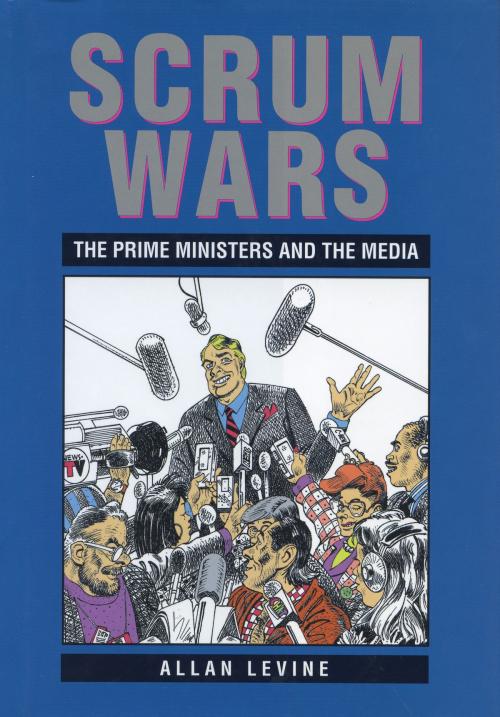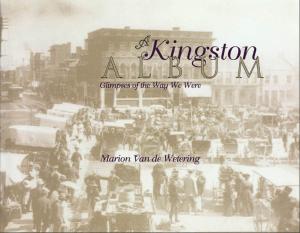Scrum Wars
The Prime Ministers and the Media
Nonfiction, History, Canada, Social & Cultural Studies, Political Science, International, Politics| Author: | Allan Levine | ISBN: | 9781459718593 |
| Publisher: | Dundurn | Publication: | August 8, 1996 |
| Imprint: | Dundurn | Language: | English |
| Author: | Allan Levine |
| ISBN: | 9781459718593 |
| Publisher: | Dundurn |
| Publication: | August 8, 1996 |
| Imprint: | Dundurn |
| Language: | English |
The image of the scrum – a beleaguered politican surrounded by jockeying reporters – is central to our perception of Ottawa. The modern scrum began with the arrival of television, but even in Sir John A. Macdonald’s day, a century earlier, reporters in the parliamentary press gallery had waited outside the prime minister’s office, pen in hand, hoping for a quote for the next edition.
The scrum represents the test of wills, the contest of wits, and the battle for control that have characterized the relationship between Canadian prime ministers and journalists for more than 125 years. Scrum Wars chronicles this relationship. It is an anecdotal as well as analytical account, showing how earlier prime ministers like Sir John A. Macdonald and Sir Wilfrid Laurier were able to exercise control over what was written about their administrators, while more recent leaders like John Diefenbaker, Joe Clark, John Turner, and Brian Mulroney often found themselves at the mercy of intense media scrutiny and comment.
The image of the scrum – a beleaguered politican surrounded by jockeying reporters – is central to our perception of Ottawa. The modern scrum began with the arrival of television, but even in Sir John A. Macdonald’s day, a century earlier, reporters in the parliamentary press gallery had waited outside the prime minister’s office, pen in hand, hoping for a quote for the next edition.
The scrum represents the test of wills, the contest of wits, and the battle for control that have characterized the relationship between Canadian prime ministers and journalists for more than 125 years. Scrum Wars chronicles this relationship. It is an anecdotal as well as analytical account, showing how earlier prime ministers like Sir John A. Macdonald and Sir Wilfrid Laurier were able to exercise control over what was written about their administrators, while more recent leaders like John Diefenbaker, Joe Clark, John Turner, and Brian Mulroney often found themselves at the mercy of intense media scrutiny and comment.















